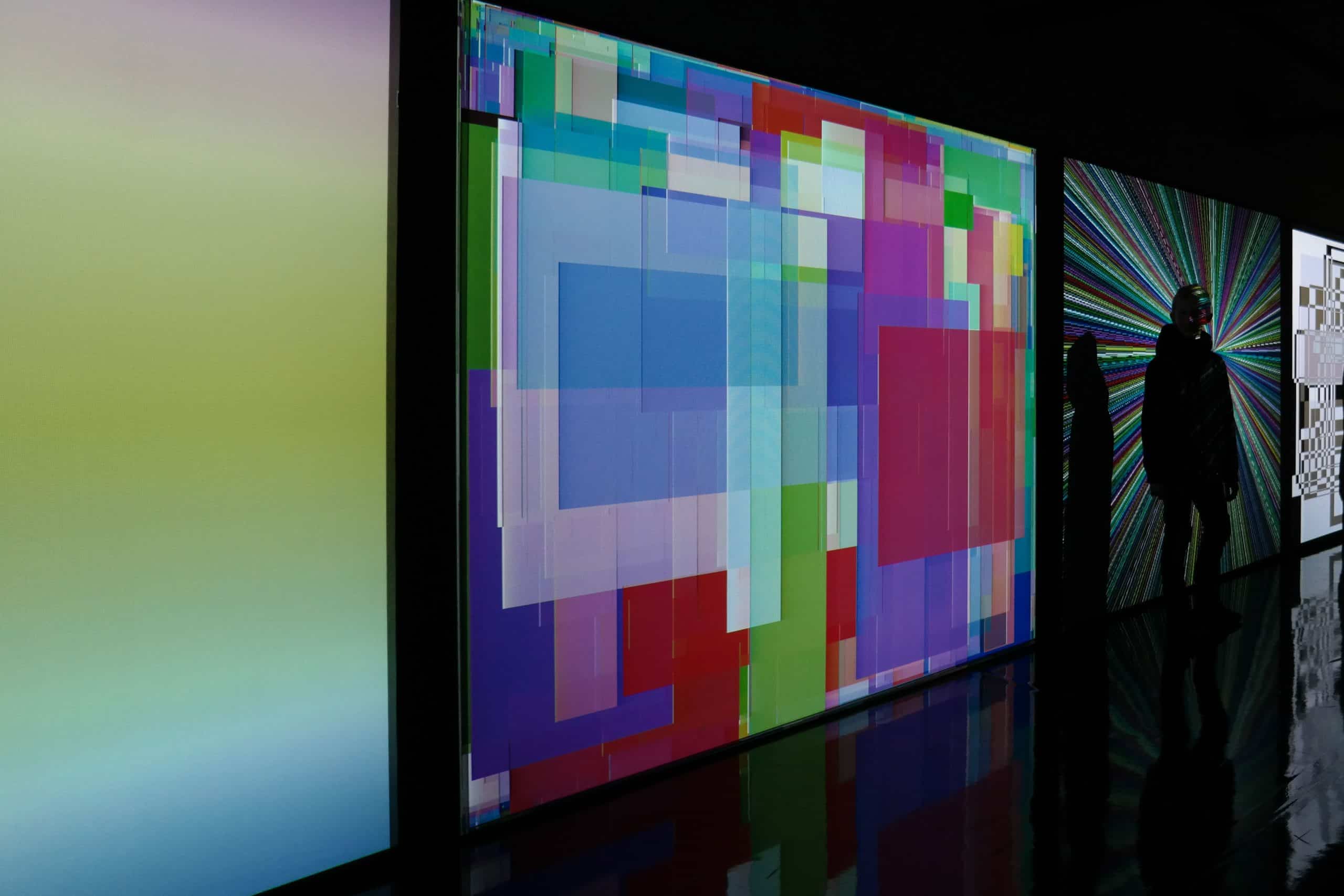As the real estate industry continues to evolve, potent and innovative technologies, including augmented reality (AR) and virtual reality (VR), are rapidly changing the way properties are marketed and sold. While these technologies were once considered futuristic and out of reach, they are now increasingly being integrated into the everyday operations of the real estate business. Immersive experiences provided by AR and VR are revolutionizing property tours, offering potential buyers a unique, convenient, and interactive way to explore properties. This innovation has been driven by the development and growth of the metaverse, a collective virtual shared space that exists alongside our physical reality.
The Emergence of Augmented Reality in Real Estate
Augmented reality, the technology that superimposes a computer-generated image on a user’s view of the real world, presents a transformative opportunity for the real estate industry. AR enables real estate professionals to provide potential buyers with an immersive experience, even from a distance. This technology can help overcome many of the traditional limitations of property tours and potentially revolutionize how properties are marketed.
Topic to read : Is Micro-Housing a Viable Solution to Urban Overcrowding in London?
AR can be used to create interactive property tours, allowing buyers to walk through a property virtually and explore each room in detail. These virtual tours can be accessed from any location, at any time, providing unparalleled convenience for potential buyers. Moreover, AR can also be used to visualize future development projects, helping buyers to see the potential of undeveloped properties.
Enhancing Property Tours with Augmented Reality
The true power of augmented reality lies in its ability to enhance the user’s experience. AR can be used to provide a wealth of additional information during a property tour. For instance, buyers can point their phone camera at different parts of the house and instantly access information about the property’s construction, history, and the appliances or furniture within.
Additional reading : What Are the Challenges of Retrofitting Heritage Buildings for Improved Energy Efficiency?
AR can also be used to customize the property tour to suit individual buyer’s preferences. For instance, buyers can change the decor or layout of the house in the virtual tour to see how it suits their tastes. This helps buyers visualize how the property will look once they move in, increasing their confidence in making a purchase decision.
The Future of Property Tours: The Metaverse
As the metaverse continues to expand, its impact on the real estate industry will be profound. The metaverse – a collective virtual shared space – has the potential to revolutionize property tours. In the metaverse, buyers can explore properties in a fully immersive virtual environment, interacting with the space just as they would in reality.
In the metaverse, property tours can be turned into social experiences. Buyers can invite their friends or family to join them on the tour, even if they are in different locations. This not only enhances the property tour experience, but also can also help buyers get valuable input from their loved ones when making a purchasing decision.
The metaverse also opens up new opportunities for real estate development. Virtual properties in the metaverse can be bought, sold, and developed just like physical properties. This creates a new market for real estate investors and has the potential to radically transform the real estate industry.
Augmented Reality: A Game-Changer for Real Estate Investors
Augmented Reality technology presents numerous benefits for real estate investors. It allows them to market properties more effectively by delivering immersive and interactive virtual tours that can be accessed from anywhere, at any time.
AR also enables investors to present their property development plans in a more comprehensive way. They can use AR to visualize their development plans and show potential buyers what the property will look like once the development is completed. This can greatly help in attracting and convincing potential buyers.
Moreover, with the growth of the metaverse, real estate investors now have the opportunity to invest in virtual properties. This opens up a whole new world of possibilities and can potentially provide significant returns on investment.
As such, augmented reality, along with the burgeoning metaverse, is set to be a game-changer for real estate investors. Harnessing these technologies can provide a competitive edge and help investors capitalize on the evolving landscape of the real estate industry.
Leveraging Augmented Reality for Virtual Staging in Real Estate
In addition to taking property tours to new heights, augmented reality also offers a solution to one of the biggest challenges in real estate: staging. Virtual staging is a critical component of the selling process, and AR technology can significantly enhance this aspect.
Virtual staging is the process of decorating a property digitally to make it more appealing to potential buyers. Traditional staging can be costly and time-consuming. In contrast, virtual staging with AR provides an affordable and efficient alternative. Real estate agents can use AR to virtually furnish and decorate an empty property, giving it a warm and inviting look.
With AR, potential buyers can also personalize the staging according to their preferences. For instance, they can change the color of the walls, rearrange furniture, or even visualize how their own furniture would fit in the space. This real-time customization helps buyers to connect with the property on a deeper level and visualize it as their future home.
Moreover, AR allows estate agents to highlight key features of the property that may not be immediately apparent. For example, they can use AR to show the potential of a loft space or a basement, or to point out the quality of materials used in construction. This additional layer of information can make a significant difference in the decision-making process for potential buyers.
Augmented Reality App Development and Ethics in Real Estate Industry
As the use of AR in real estate grows, so does the need for advanced AR app development. Real estate companies and independent estate agents are increasingly investing in AR apps to offer virtual property tours and staging. These apps need to be user-friendly, engaging, and offer an immersive experience to the user.
However, as with any technology, AR brings about its own set of challenges and ethical considerations. The code of ethics in the real estate industry demands fair and honest dealings with all parties involved. In the context of AR, this means ensuring that the virtual representations of properties are accurate and do not mislead potential buyers.
For instance, while virtual staging can make a property more appealing, it should not be used to cover up potential issues or defects in the property. Similarly, while AR can enhance the property tour experience, it should not be used to create a false or exaggerated impression of the property.
Moreover, as AR and the metaverse blur the lines between the physical and virtual worlds, new ethical and legal questions may arise. For instance, who owns the virtual representation of a property? Can someone ‘trespass’ in a virtual property? As such, the real estate industry will need to navigate these complex issues as it continues to adopt and integrate AR technology.
Conclusion: Embracing the Future of Real Estate with Augmented reality
Undoubtedly, augmented reality is set to revolutionize the real estate industry. From creating immersive virtual tours to enabling virtual staging and driving the growth of the metaverse, AR opens up a world of possibilities for real estate investors, estate agents, and potential buyers.
However, as with any transformative technology, AR should be adopted responsibly with a focus on the code of ethics. It’s essential to ensure that AR is used to enhance the property buying experience, and not to mislead or confuse potential buyers.
As we look to the future, it’s clear that AR, along with other technologies like virtual reality, will continue to shape the real estate industry. Those who can adapt and leverage these technologies effectively will undoubtedly stand to gain the most in this rapidly evolving landscape.











